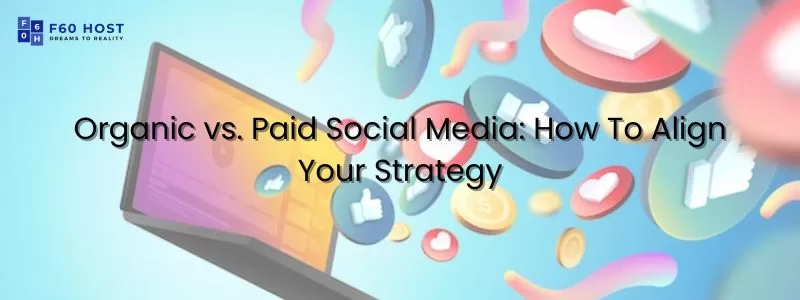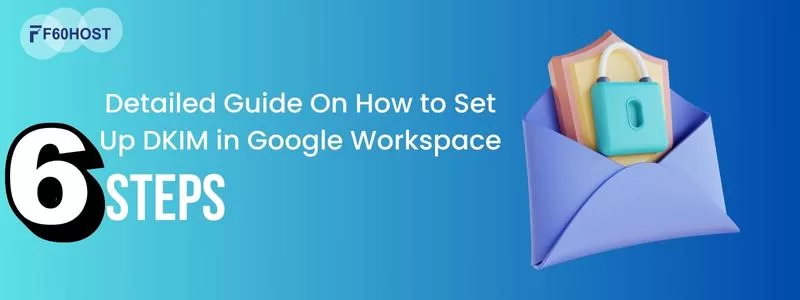What Is Search Intent? The Ultimate Guide for Newbies

The purpose for a user’s search is known as search intent. It’s also known as keyword intent, audience intent, or user intent.
Google automatically interprets users’ search intent and presents them with results that are accurate with it by the use of Google Hummingbird, Google RankBrain, and other algorithm updates. The Answer Box and Knowledge Panel are two examples of rich snippet results the search engine frequently uses.
Understanding search intent may assist you in generating attractive content that appeals to targeted clients since people’s searches represent where they are in the sales pipeline.
What is Search Intent?
The primary objective a user has when entering a query into a search engine is known as “Search Intent” (also known as “User Intent”). Informational, commercial, navigational, and transactional search intentions are typical categories.
Your ability to rank and whether readers are happy with the content of your page depend on how well you understand search intent.
How frustrated would you be if you wanted to find out more about how motorcars operate but all the search results were advertisements for companions? By adding user intent into your SEO approach, you’re attempting to avoid that situation.
A completely understanding search intent will help:
- Target search keywords that are in line with the requirements of your audience and your business to perform more successful keyword research.
- Create content that answers to user queries and organize your pages so that both users and search engines will find them easily.
- Create content that search engines consider to be more valuable and useful towards its users to rank higher.
Why Is Search Intent Important?
Simply put, achieving Search Intent is Google’s top priority.
Hence, if you want to be successful with SEO and content marketing in the modern era, Search Intent must play a significant part in your plan.
But before we discuss search intent, let’s pause and consider what search is actually all about. Think of yourself as an ordinary user of the internet, not a blogger. Why do you conduct the searches you do on the internet?
Online searches are questions at their very essence. Our website will be among the top results on the search engine results page if we have the most related content. In reality, one of the other SERP elements or a featured snippet may draw attention to our post.
Here are some inquiries that I wanted to have answered recently.
- How does electricity work?
- How do you calculate percent increase in Excel?
- When is next Islam Makhachev UFC fight?
- how to rank my website on google?
Search intent refers to the “why” behind a search query. Other terms for it are keyword intent or user intent. Why are we looking for this?
Types of Search Intent
There are four types of search intent.
- Navigational Intent – Do I simply want to access a particular website?
- Informational Intent – Is the information I’m seeking intended to pique my interest or to provide me with guidance on how to carry out a task?
- Transactional Intent – Do I wish to make a purchase?
- Commercial intent – Am I gathering information before making a purchase that I have in mind?
Users who are just getting to know you will probably use informative keywords. They may begin employing commercial terms as they get to know you and start thinking about making a purchase. Transactional keywords enter the picture at that point when they’re prepared to convert.
We’ll go over each type of search intent in more detail below, along with how relevant they are and how to use those keywords in your content.
Navigational Search Intent
The searcher is trying to find a particular website. They are already aware of their destination. They presumably Google it instead of entering the complete URL into the address box because it is quicker and simpler for them to do so. Additionally, they might not know the precise URL.
Examples of navigational searches:
- “Facebook”
- “google search console”
- “beginners guide to SEO”
- “Twitter login”
Informational Intent
Information is what the searcher is seeking for. Who is the president of the India? might be answered using this information. Or something like “how does the SERP function,” which calls for a longer and more detailed response. Not all informational searches, however, are created as queries.
Examples of informational searches:
- “Who is Andrew Tate?”
- “HTML 5”
- “London airport directions?”
- “Vladimir Putin?”
Transactional Intent
The searcher wants to buy something. They are shopping right now. They probably already know what they want to purchase. They are seeking a supplier to purchase it from.
Examples of transactional searches:
- “Buy iPhone 14?”
- “Samsung galaxy M32 cheap?”
- “Buy a MacBook pro?”
- “Amazon Coupon?
Commercial intent
The searcher is looking for a certain good or service, but they haven’t decided which is best for them as of yet. Most likely, they’re looking for ratings and differences. They continue to consider their choices.
Examples of commercial intent searches:
- “Best protein powder?”
- JumpCloud vs Okta
- “Adidas VS Nike?”
- “Top restaurant in Dubai?
The final example is notable. It proves that many local searches have a business investigating purpose. Other examples are “Plumber near me,” “Cheapest hotel in Switzerland,” etc.
How to Analyze Keywords to Determine Search Intent
Now that you are aware of what search intent is and why it is important, we can go on to a step-by-step tutorial on how to identify search intent.
The good news is that the SERP contains everything you need.
Any content strategy must start by determining search intent. Why? Since, as previously said, search intent frequently corresponds with where visitors are in the marketing funnel.
This is how it actually goes:
- Awareness: Informational keywords like “how to do keyword research.”
- Consideration: Commercial keywords like “best keyword research products.”
- Conversion: Transactional or navigational keywords.
A keyword’s purpose may frequently be deduced from the keyword itself and the search results.
An informative keyword may, for instance, often include question phrases or be written in a way that conveys what the user is learning. One of the results may be a snippet that responds to the user’s query. A commercial transactional term will also probably relate to a particular product or category of products. These searches might result in a product carousel, user reviews, or links to stores.
Why is search intent important for SEO?
When generating content, you should always take search intent into consideration for three key reasons:
Step #1: Analyze your possibilities of ranking for a keyword.
It would be a serious error to judge the keywords just by the amount of searches.
High search volume keywords are frequently quite competitive. And if your website doesn’t show up on Google’s top page, you could only get a small portion of the heavy traffic. According to a proverb, the second page of Google is the greatest spot to bury a dead.
I mentioned before that Google was becoming more and more smart. It will penalize you for spamming it with irrelevant topics.
Step #2: Choose your competition carefully.
When creating fresh content, you must consider your competitors for a certain term. This may assist you determine how lengthy your blog article should be, what the ideal keyword density is, and so on.
Don’t just look at the top 10 and call it a day. This might derail your content efforts!
Competitors whose material fulfils a different search intent than yours should always be excluded. Google has distinct sets of guidelines for different types of searches.
This is especially important if you utilize Surfer features like as Audit and Content Editor. Every time, be sure to carefully choose rivals for your assessments!
Step #3: Satisfy your audience and establish credibility
Improving search intent benefits more than just search engines.
It’s also for your audience.
If you know what kinds of search intent they’re looking for, what questions they want answered, and what kind of material they anticipate to see… You will be able to satisfy all of their requirements.
This will increase your credibility in the eyes of your viewers. You’ll look like someone who wants to help them rather than merely dominate the SERP.
Check out more educational articles on F60 Host. We also have blogs on What are The Importance of Keyword Research for SEO.
Conclusion
Now we understand how to correctly identify the search intent behind a query.
The technique of understanding the “why” behind each search query is known as search intent.
It should be an essential component of your keyword research.
It will assist you with:
- Analyze competition using search intent (only compare yourself to material that serves the same intent as yours);
- analyze your chances of ranking for a certain term;
- meet your audience right in the middle.
You may learn about people’s intentions behind inquiries by studying SERP results, related searches, and “People also ask,” keyword similarity, and video/image packs.
Best wishes on your content journey!
I hope you enjoyed reading this post. Follow F60 Host on Twitter for updates.



